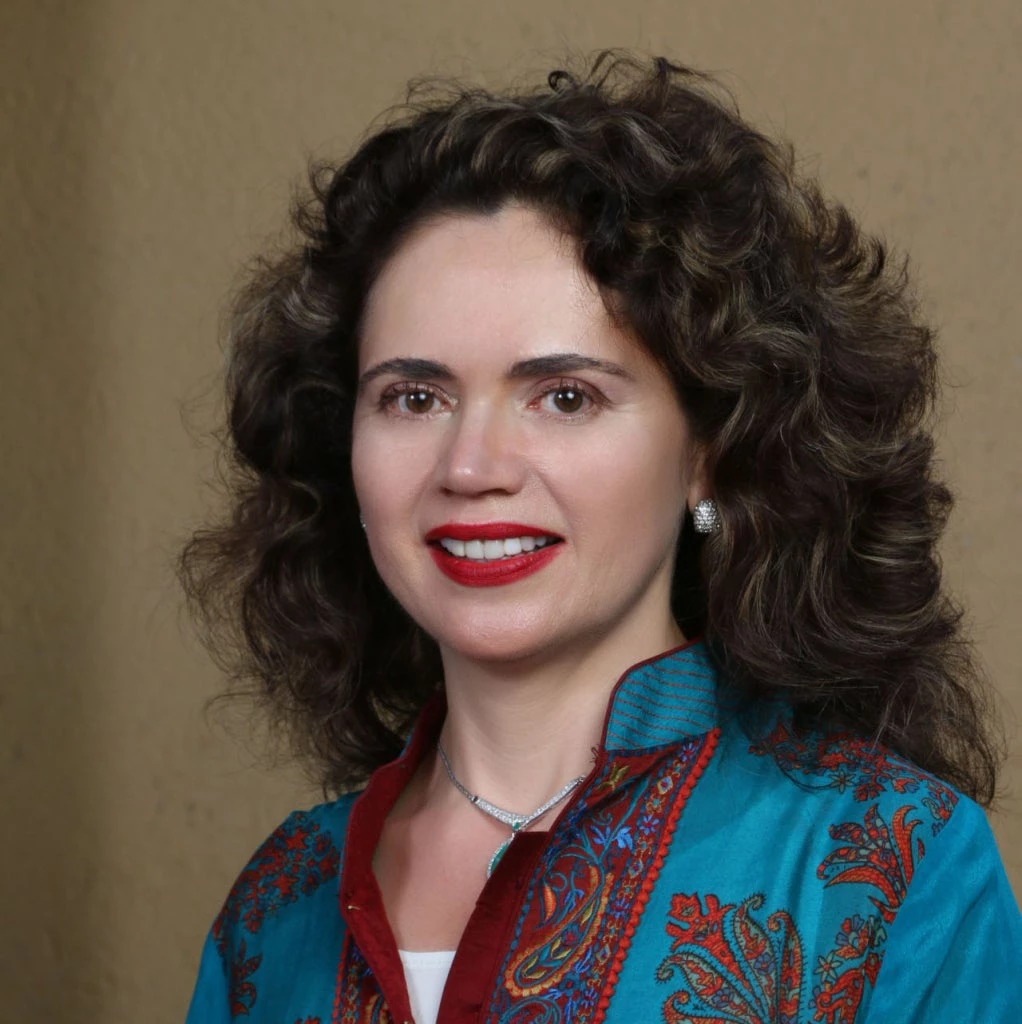 Man looking at receipt in grocery store. (Photo: Denys Kurbatov/Shutterstock.com)
Man looking at receipt in grocery store. (Photo: Denys Kurbatov/Shutterstock.com)
As we keep hearing the term “inflation” in the news every day, it’s worth revisiting what that really means for MENA countries. Inflation is the general and continuing increase in an economy's price level, and a commonly used measure of inflation is the consumer price index, which measures the prices of a representative basket of goods and services purchased by a typical household. Countries are in dire need of good policy decisions to enable sustainable economic growth and curtail inflation which impacts the poor more than the rich. Here are four policies that tackle high inflation and low growth while supporting the less well off:
1. Improve the “quality” of public spending.
Many MENA countries, especially oil importers, have high public debt and little fiscal space, but they still have spending needs, like expansion of modern social protection systems and investing in climate adaptation. They need to improve the quality of current public spending and reorienting it.
Currently, public sector wages, untargeted subsidies, and debt service dominate public spending, all contributing to budget rigidities. While there may be little choice in the short-term, countries must improve their spending quality by:
- making public spending more performance-oriented
- reducing untargeted energy subsidies
- reforming infrastructure State-Owned Enterprises (SOEs)
- and managing debt more effectively to reduce debt service costs (through, for instance, less reliance on high-cost, short-term funding).
The World Bank helps countries with these efforts through its Public Expenditure Reviews (PERs), Fiscal Incidence Analyses (CEQs) and infrastructure and debt management advisory, which is currently happening in Egypt, Morocco, Lebanon, and other countries.
2. Enhance debt transparency and avoid “hidden debt.”
For countries active on sovereign finance markets, which is most of MENA, it is important not to surprise international market actors. Especially in the existing context of high debt and (emerging market) risk aversion, countries need to ensure confidence in their debt data. Global experience shows that “hidden debt” often becomes known at the worst possible time – when there is already a crisis.
While data transparency is a general challenge across the MENA, the region has fairly good debt statistics; hidden debt, such as what has become known in countries like Mozambique, has not occurred in MENA. But countries need to be on guard for contingent liabilities, whether arising from government guarantees to SOEs or public sector projects; implicit guarantees, such as when an SOE borrows based on perceived government backstopping; or other liabilities. Power Purchase Agreements (PPAs) are an important cross-cutting example: often they’re not disclosed in detail and taken on in contexts of poor cost recovery, with potential to become liabilities for the government.
3. Avoid “fiscal dominance” and overreliance on Central Banks.
Fiscal dominance refers to a situation where it becomes expected that public deficits and debt will be “monetized” – meaning, financed by “printing money.” Under ordinary circumstances, public debt remains sustainable and under control through a combination of economic growth and taxation. But shocks and bad policies can push debt to unsustainable levels, and lead to expectations or hopes that the public treasury will call on the Central Bank. This is not a good situation to be in. Lebanon—is the best example of fiscal dominance in the MENA region.
Central Banks can only do so much with their foreign reserves and management of the currency and banking systems; they cannot preserve price stability (control inflation) if they become the fallback lender to governments. Once stability is undermined, foreign reserves disappear quickly. And to stave this off, Central Banks must resort to highly distortionary forex rationing that only postpones the inevitable, such as when Sri Lanka defaulted on its foreign debt for the first time in its history last month.
Some Central Bank governors in MENA are calling for urgent action on structural reforms. This is understandable. If fiscal situations worsen and structural reforms do not progress, the Central Bank toolkit becomes ineffective.
4. Protect the poor and vulnerable
Soaring inflation already drives households across MENA towards poverty because food expenditures constitute a major part of household budgets. Food constitutes more than 30% of household budgets in Djibouti, Algeria, Morocco, and Egypt.
While several MENA countries evaluate what measures they can take to reallocate spending, others have already implemented subsidy reform programs in favor of targeted compensatory mechanisms to protect the poor from rising food and energy prices. Egypt, for example, announced in March 2022 additional spending of EGP 130 billion (1.6% of FY 2023 GDP) to to increase public sector wages and pensions as well as expand the coverage of their “Takaful and Karama” cash transfer programs, adding 450,000 families to the programs. Such programs need analysis to ensure the intended populations are reached and given the right amount of support.
Despite all the crises MENA faces that may affect the last decade of development achievements, good policy choices can help improve the situation . Limiting universal subsidy programs and using cash transfer-based social protection systems are key. Data transparency on the quality of spending is also vital. The World Bank continues to stand ready to assist governments facing these challenging decisions through our analytics, financing operations, and policy support.





Join the Conversation